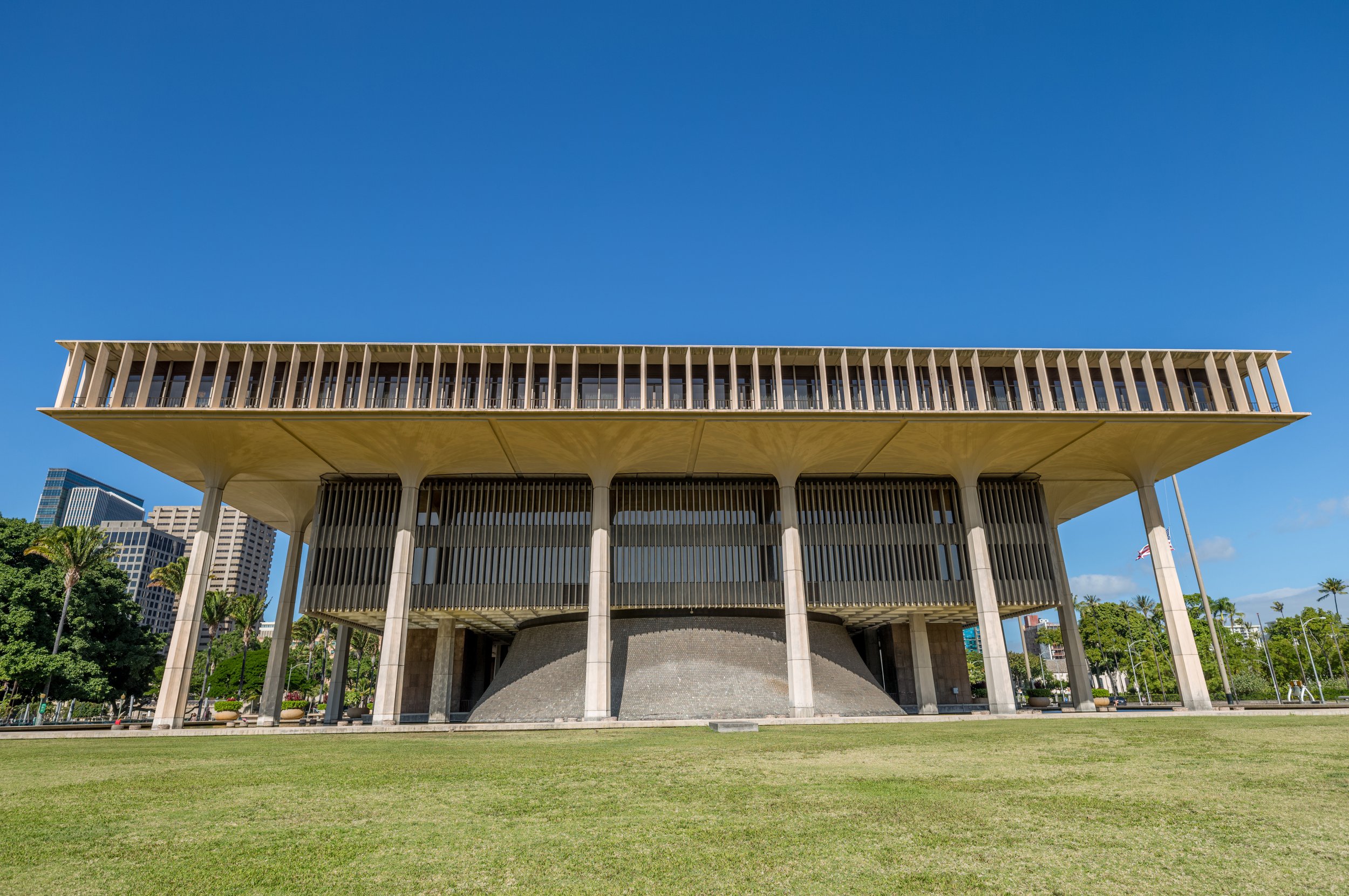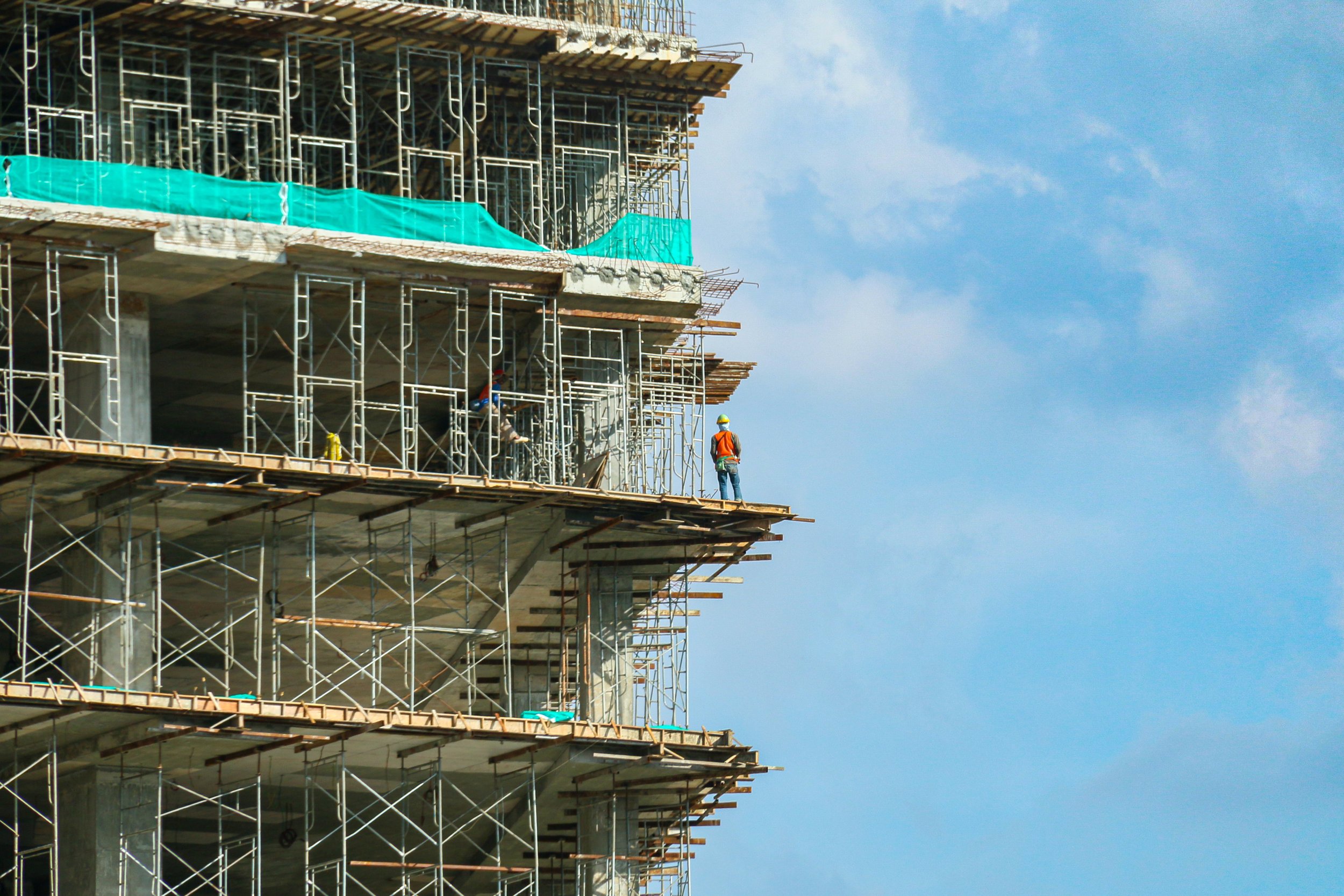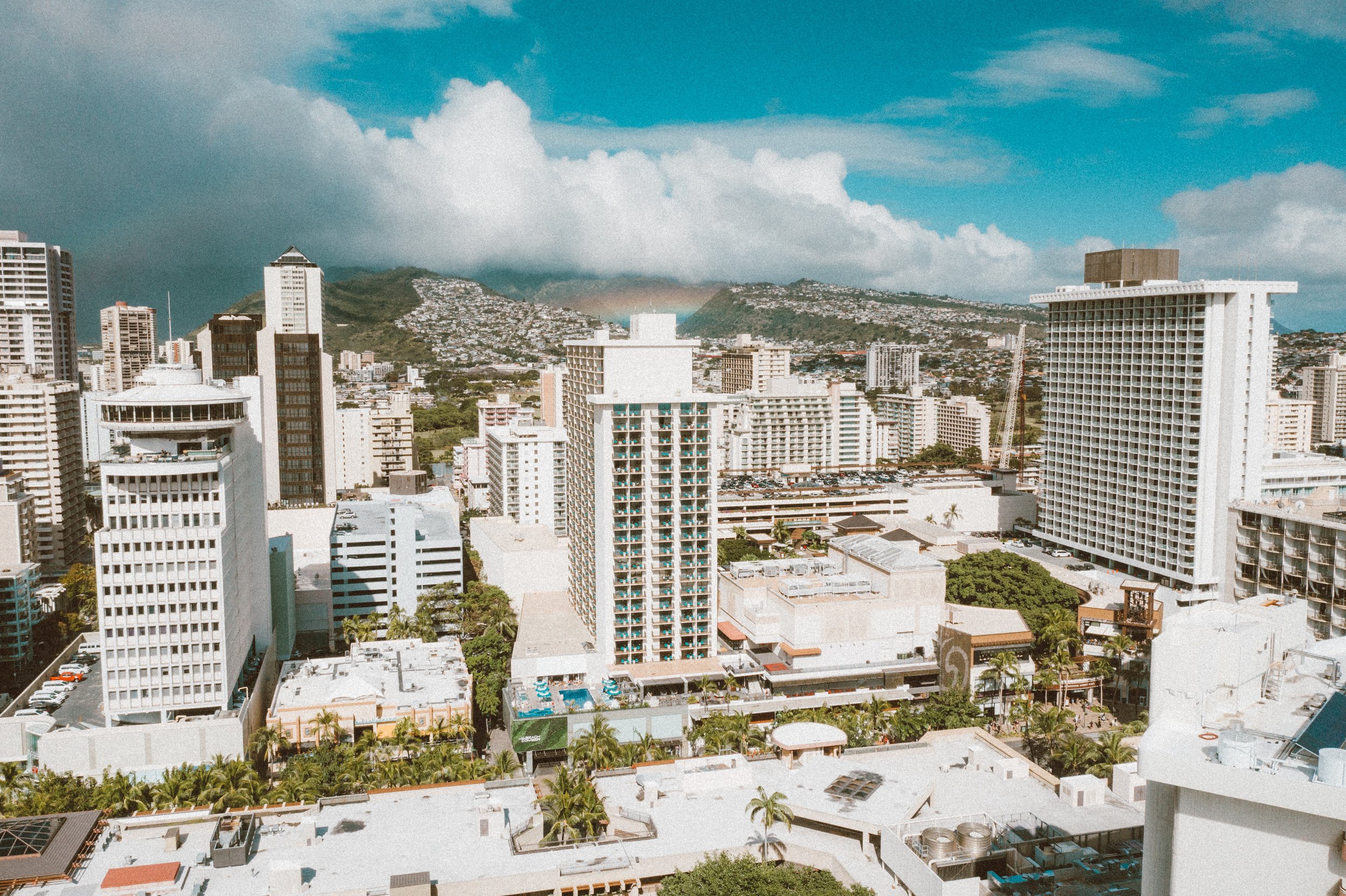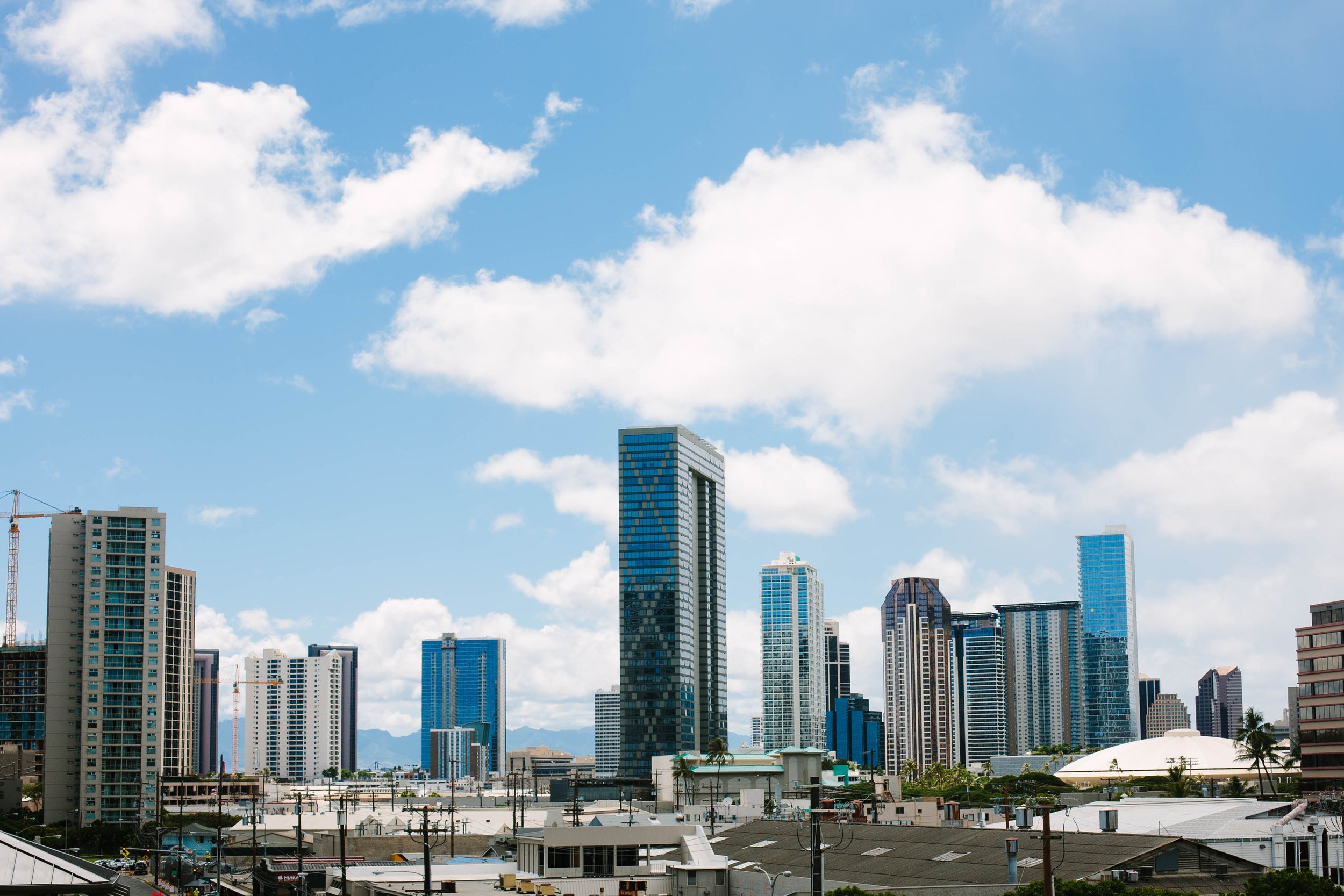
Scrutinize pause of tax cuts for all
Freezing progression of at least some of the state’s planned tax cuts is the clearest, cleanest path to preserving financial balance—at least until the effect of federal spending cuts is fully determined.

Hawaiʻi wants to purchase voluntary deed restrictions to preserve more homes for locals
This new approach would help buffer Hawaiʻi homes from speculation and encourage more locals to actively contribute to addressing the Islands’ housing challenges.

New policy brief proposes targeted tax relief for struggling Hawaiʻi families
As local families continue to leave Hawaiʻi due to the high cost of living, Hawaiʻi Appleseed stresses the urgency for additional legislative action to help those at risk of homelessness.

No income tax for working class? Unions float radical proposal
A better approach would be to expand an existing state tax credit that was created to offset some of the impact of the excise tax on food, or to create a new child tax credit to support working families.

Is Hawaiʻi’s historic investment in affordable housing paying off?
Two years ago, the state made a record investment in affordable rental housing. Results so far are both encouraging and sobering.

Legislators look to support student recovery from the pandemic
Some lawmakers and advocates say schools need more help with funding gaps, especially after federal assistance expired this fall.

How Hawaiʻi could prepare for financial impacts of second Trump term
Working families in Hawaiʻi could end up paying more in taxes if President-elect Donald Trump implements some of his proposed policies, but analysts say there’s a way the state can help.

Move ahead with care on tax relief
Legislators must ensure that the relief package makes the most of state resources, finding the right balance of lower taxes and the services that Hawaiʻi’s people need most.

Proposed tax increase to fund homeless services not likely to advance in legislature
SB678 received nearly 100 pages of written testimony, with only two testifiers opposing it.

Tracking Hawaiʻi paychecks versus living costs since 1969
To see if people are better off than their grandparents, we compared wages after inflation, debt loads, where people spent their money and more.

Report: Mandatory mediation saved hundreds of tenants from eviction
While the Act 57 program ended in August 2022, Hawaiʻi Appleseed will be advocating for a permanent rental relief program that includes mediation to stabilize affordable housing.

Off the News: Keeping renters in their homes
Act 57 diverted as many as 1,201 eviction cases in 2021, benefiting tenants and landlords, according to a Hawaiʻi Appleseed Center for Law & Economic Justice study.

Planning averts spike in COVID-era homelessness in Hawaiʻi
Hawaiʻi Appleseed last week released the results of a study showing “a pre-litigation mediation program” known as Act 57 helped renters and landlords and reduced both court costs and a strain on the Judicial system.

Eviction mediation study: KITV4 talks with Kenna StormoGipson with Hawaiʻi Appleseed Center for Law and Economic Justice
Local nonprofit Hawaiʻi Appleseed Center for Law & Economic Justice just released the results of its study that look at whether Hawaiʻi’s Act 57 mediation program worked.

It’s gotten both worse and better for struggling working families
The good news is that 17 Hawaiʻi nonprofits are helping working families become more financially stable, find affordable housing, and get involved in policy.

Editorial: Hope on horizon for more housing
Might this be the year that Hawaiʻi truly moves forward in providing affordable housing to its residents? With as much as $1 billion in overall funding for housing under discussion as the state legislature reaches its home stretch, it’s possible.

Fighting for a living wage in Hawaiʻi
Workers in Hawaiʻi are rallying at their State Capitol to raise the state’s minimum wage for the first time since 2018. The "What A Day" podcast discusses how workers are being affected by low wages in the highest cost-of-living state in the nation.

Wage measures still alive
A bill in the state House of Representatives that would increase the minimum wage cleared a committee hurdle Tuesday.

Hawaiʻi minimum wage bill advances despite criticisms
Worker advocates called for a faster increase to $18 an hour consistent with a bill passed in January by the full Senate in a 24–1 vote.

State tax bill could have major impact on Kauaʻi
A bill in the state legislature could potentially mean more money in the pockets of working families on Kauaʻi.
